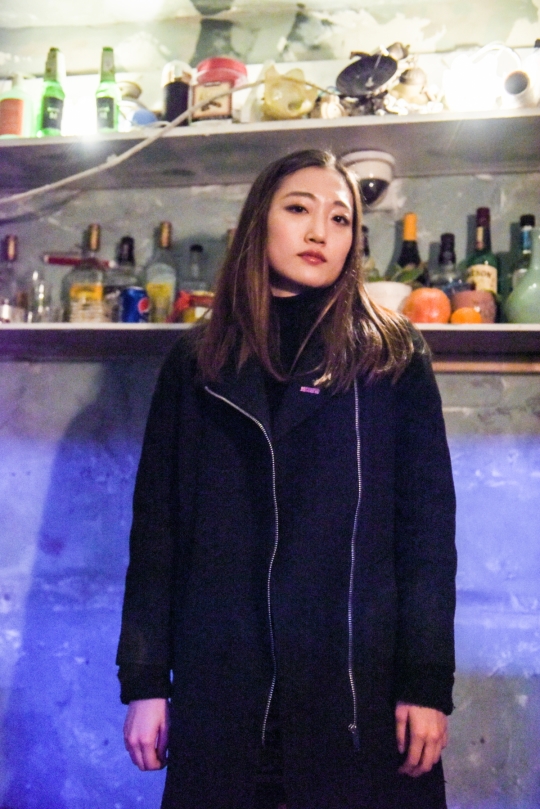
“그동안 그런 표현들이 너무 너무 너무 너무 너무 많았어요. 얼마 전에 뜬 기사에서도, ‘여경’이 어떠한 위법행위를 했다고 쓰여져 있었어요. 남성 경찰이 위법행위를 했으면 그냥 ‘경찰’이라고 나왔을 텐데 굳이 ‘여경’이라고 표현을 해요. 여성이 잘못을 하면 그것이 여성의 잘못이었다고 분명히 명기됩니다. 왜냐면 그것이 클릭 수를 높일 수 있는 대표적인 방안 중 하나라고 믿어지니까요. 당사자가 가지는 다양한 특성 중에서 여성을 선택해서 부각하는 것은, 저로 하여금 언론계에서 여성 혐오적 관습이 만연해있지 않은가 하는 의심을 품어볼 수밖에 없게 만듭니다.
요즘 ‘OO녀’ 등의 성차별적인 표현을 쓰는 것에 대해서 언론중재위원회 시정권고 심의 기준에 추가가 되었을 정도예요. 여성이 신문에 등장할 때, 자극적인 수사를 통한 경멸적이고 편견을 강화하는 표현이 사용되어서는 안 된다는 문제 제기가 받아들여진 거죠.”
“There have been too, too many expressions like that. A recent article stated that a ‘policewoman’ committed an illegal act. If it had been a man it would’ve just said ‘police’, but in the other way round it’s always ‘policewoman.’ When a woman makes a mistake it is stated directly that it was a woman’s fault because it is believed that it's one of the obvious ways of making click rates higher. I can’t help but question if misogynistic convention is widespread in journalism when I see the fact that sex is the element magnified among the many characteristics a related party has.
The use of sexist words such as ‘OO녀(Words made by adding the Korean suffix for ‘woman')’ has even been added to the criteria for correction recommendation by the Press Arbitration Commission. It was understood that the specifically derogatory rhetoric used when women appear in newspapers is a problem."

